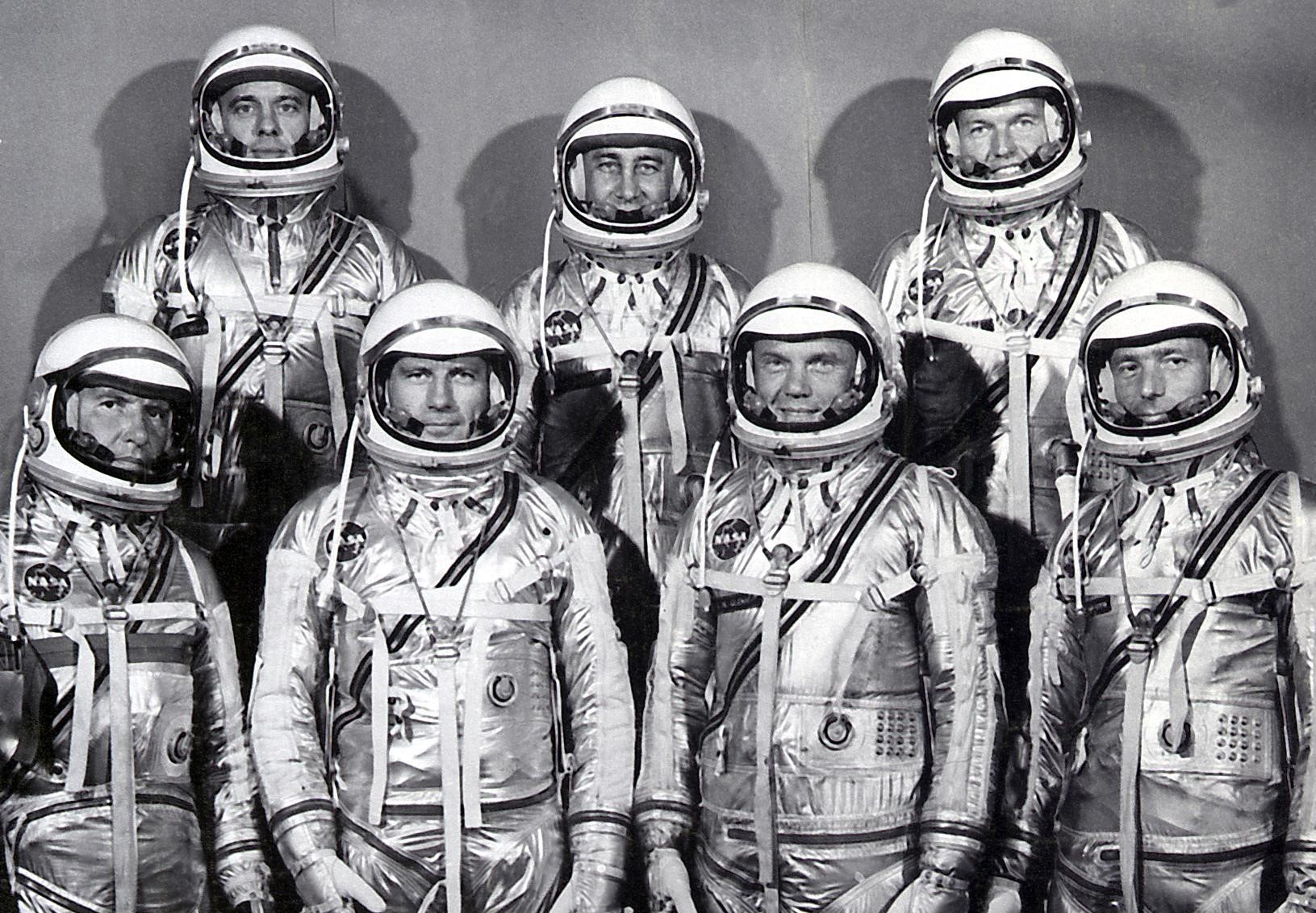Pope Francis was champion of humility and reform
What you need to know:
- He became the first non-European pope in more than 1,200 years, the first Latin American to hold the papacy, and the first Jesuit to be elected pope
Dar es Salaam/Nairobi. Pope Francis, who passed away on Easter Monday, April 21, 2025 at the age of 88, leaves behind a legacy of simplicity, reform and compassion that reshaped the global image of the Roman Catholic Church.
Born Jorge Mario Bergoglio in Buenos Aires, Argentina, to Italian immigrants, Pope Francis was a man of many historic firsts.
He became the first non-European pope in more than 1,200 years, the first Latin American to hold the papacy, and the first Jesuit to be elected pope.
His election on March 13, 2013, following his elevation to Cardinal by Pope John Paul II in 2001, marked a shift toward a more inclusive and socially engaged Church.
Throughout his 13-year reign, Pope Francis was known for his emphasis on humility and social justice.
He chose to reside in a modest guesthouse at the Vatican rather than the Apostolic Palace and opted for small cars like Fords and Fiats instead of luxury vehicles.
The Vatican biography highlights his aversion to pomp.
“He asked the faithful not to travel to Rome to celebrate his creation as Cardinal but rather to donate to the poor,” it recalls.
He often reiterated: “My people are poor, and I am one of them.”
As bishop, he was known to cook his own meals, a habit that symbolised his lifelong commitment to simplicity.
His humility was further reflected in his final wishes.
According to the Associated Press (AP), Pope Francis requested a simple funeral and opted to be buried in the Santa Maria Maggiore Basilica in Rome rather than the traditional papal tombs beneath St Peter’s Basilica.
His burial will forgo the customary three coffins made of cypress, lead and oak.
Pope Francis also made history through his actions and outreach.
He was the first pope to address a joint meeting of the US Congress and the first to visit the Arabian Peninsula, the birthplace of Islam—a groundbreaking moment for interfaith dialogue.
Yet his time at the helm of the Church was also marked by internal tensions.
He faced resistance from conservative factions within the Church, particularly over reforms seen as progressive.
In 2016, he urged priests to be more accepting of divorced and remarried Catholics, single parents, and members of the LGBTQ+ community.
In 2021, he reversed earlier decisions by his predecessors by re-imposing limits on the traditional Latin Mass, a move that Reuters described as a blow to traditionalists.
He also allowed women and non-Christians to participate in the Holy Thursday foot-washing ritual, previously reserved for Catholic men.
These reforms were part of a broader agenda to modernise Church governance.
A new Vatican constitution permitted lay Catholics, including women, to lead departments in the Church’s central administration.
“Conservatives were unhappy with the Pope from the start because of his informal style, his aversion to pomp, and his decision to allow women and Muslims to take part in a Holy Thursday ritual that previously had been restricted to Catholic men,” Reuters reported.
National Geographic described his papacy as one defined by historic firsts and enduring humility.
Health issues increasingly curtailed his activities in recent years.
He was first hospitalised in 2023 with a respiratory infection.
The Vatican’s website records that the final message Pope Francis read aloud himself was delivered on 9 February 2025.
In that sermon, he spoke about the humility of Christ, urging believers to prioritise human connection over religious formality.
“Jesus is not concerned with showing off to the crowds, with doing a job, with following a timetable in carrying out his mission. On the contrary, he always makes it his priority to encounter others, to relate to them, and to sympathise with the struggles and setbacks that often burden hearts and take away hope,” he said during Mass at Saint Peter’s Square.
Subsequent sermons, including his Easter Sunday message, were read by senior cardinals on his behalf.
Pope Francis’ papacy was also notable for its tone of repentance.
He issued at least five formal apologies during his tenure:
In 2017 for clergy sexual abuse; In 2018 for his mishandling of a case involving a Chilean bishop; Later that year for abuses in Ireland; In 2019 for the Church’s mistreatment of Roma communities in Romania; and in 2022 in Canada for the historical abuse of indigenous children in Church-run schools.
With his passing, the Catholic Church closes the chapter on a pontificate defined by humility, compassion, and an unwavering call for a more inclusive and human-centred faith.




